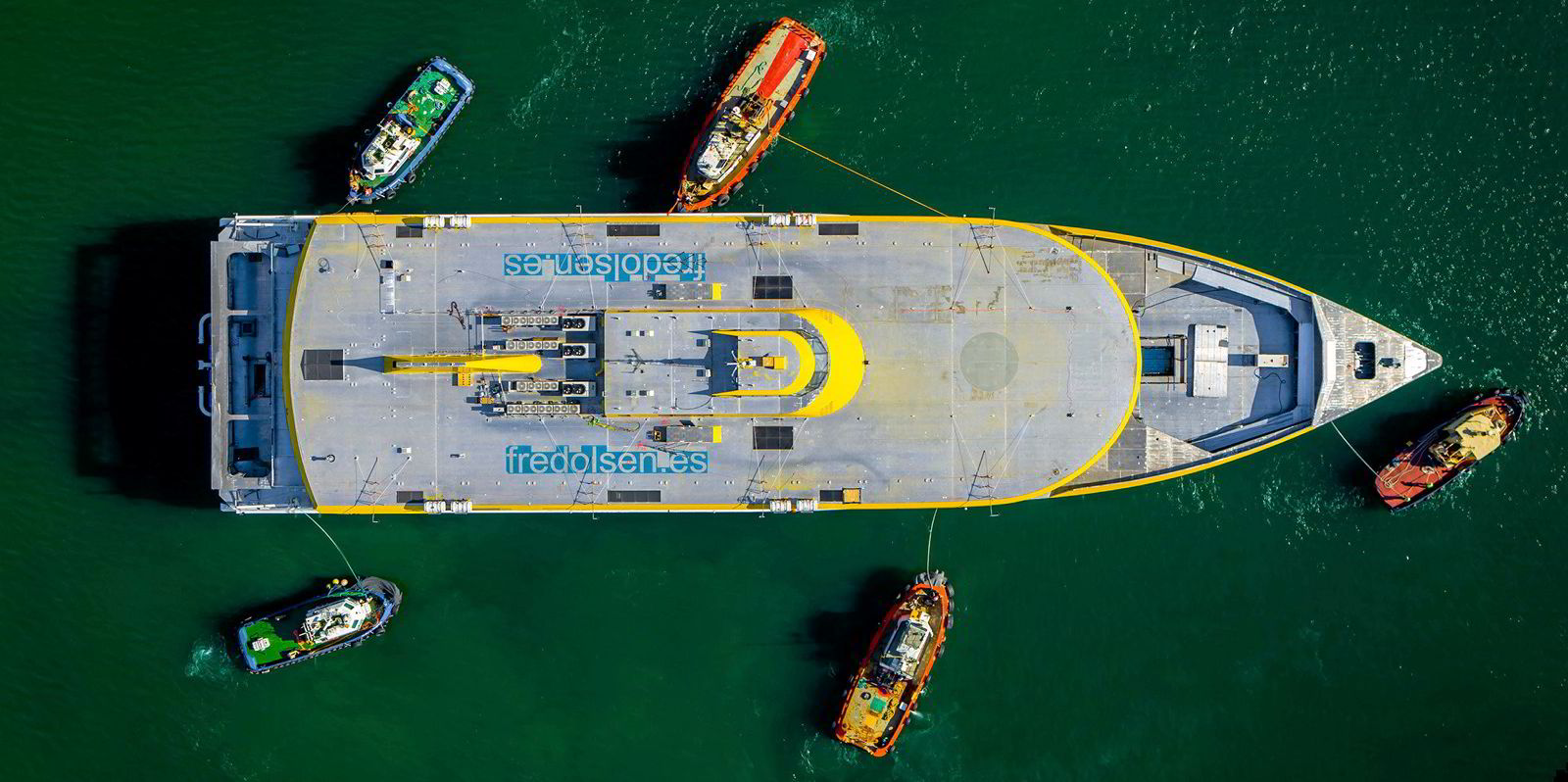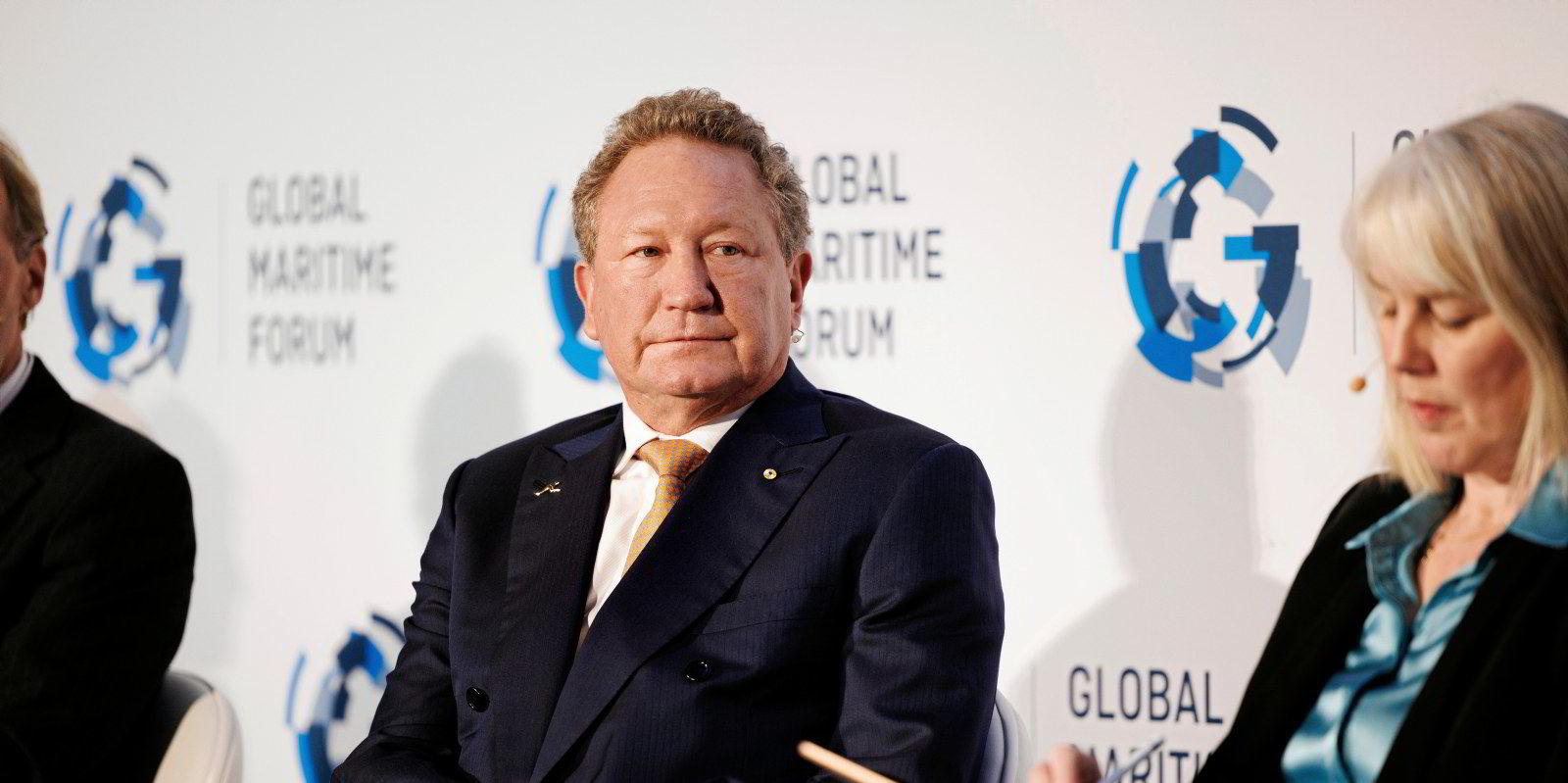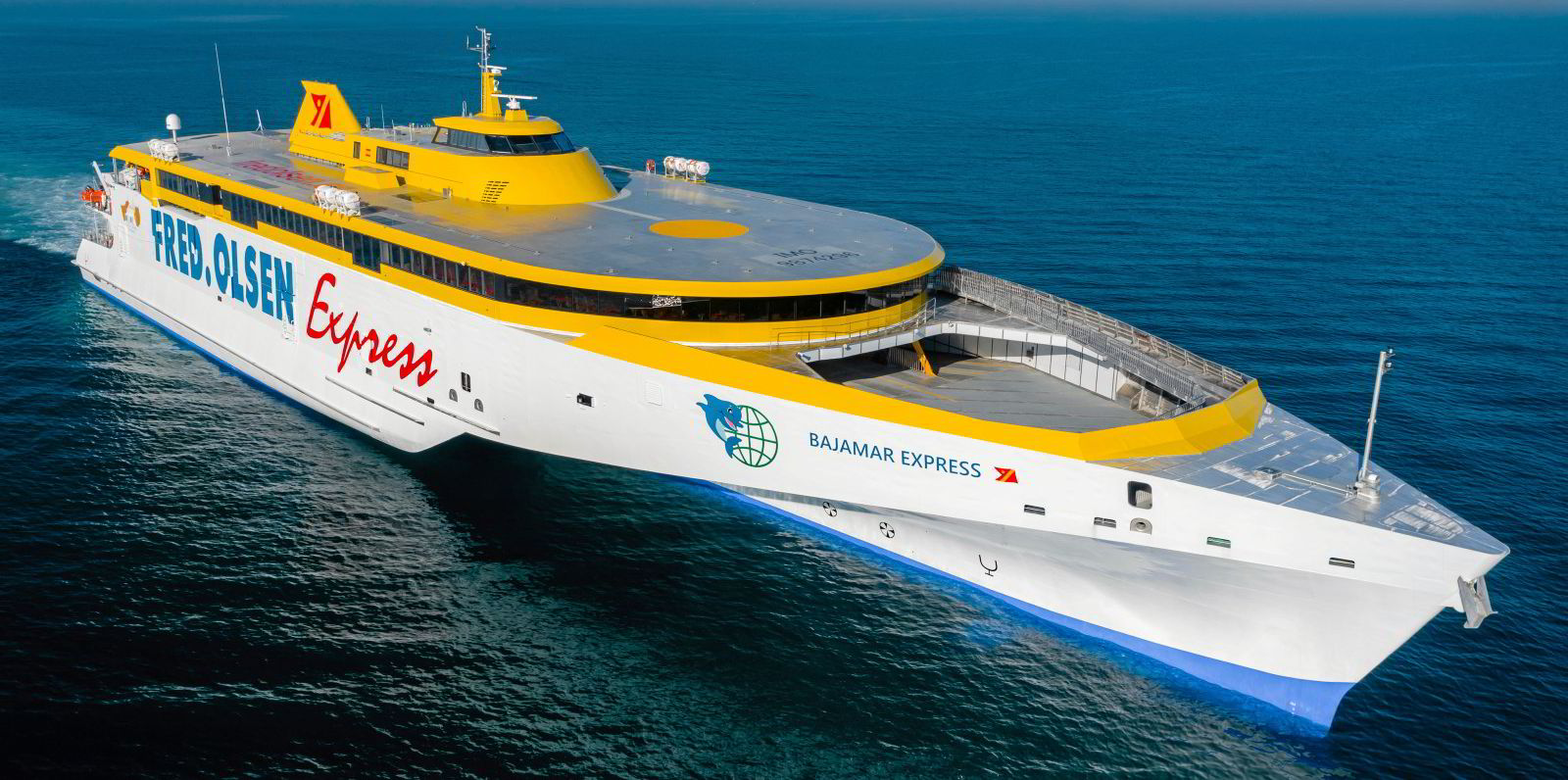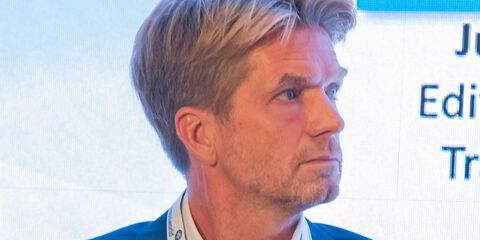Austal, the Australian fast ferry specialist, could be taken private as investors look to take advantage of increased defence spending, according to media reports.
Several North American investment funds specialising in the defence industry are said to be circling Austal, reported The Australian Financial Review (AFR).
The newspaper claims investment bank JP Morgan and Perth-headquartered corporate advisory Poynton Stavrianou have been retained as it considers its options.
Austal said in a statement that it is “regularly involved in discussions with potential parties concerning strategic initiatives to create value for its shareholders”.
“While discussions may take place from time to time, there can be no certainty that any opportunity will proceed. Austal will keep shareholders informed in accordance with its continuous disclosure obligations,” the shipbuilder added.
AFR said the investors were hoping to capitalise on the opportunities presented by the AUKUS defence pact between Australia, the US and the UK.
Under the pact, Australia will spend over AUD368bn ($243bn) over the next three decades to buy a fleet of eight nuclear-powered submarines.
Austal’s major shareholder is Fortescue Metals chairman Andrew Forrest through his private Tattarang investment vehicle.
The company operates five shipyards in four countries including in Alabama in the US, near Fremantle in Western Australia, in the Philippines and in Vietnam.
If a takeover were to go ahead, it is unclear at this stage what would happen to Austal’s fast ferry construction business, which is largely dwarfed by its business in the defence sector.
The company recently agreed a deal with Sweden’s Rederi AB Gotland to build the world’s first large hydrogen-powered high-speed catamaran.
Austal, which has a market capitalisation of around AUD800m reported revenues of AUD775m for the six months to December 31, but sunk to a net loss of AUD7.3m, down from a profit of AUD45.1m in the prior corresponding period.
In April, three former senior managers were charged with fraud by the Securities and Exchange Commission (SEC), which alleged that they had lowered cost estimates by hundreds of millions of dollars to meet analyst estimates.
Former Austal USA president Craig Perciavalle, financial analysis director Joseph Runkel and Littoral Combat Ships programme director William Adams artificially lowered costs for US Navy shipbuilding projects by $438m, the SEC has alleged.





